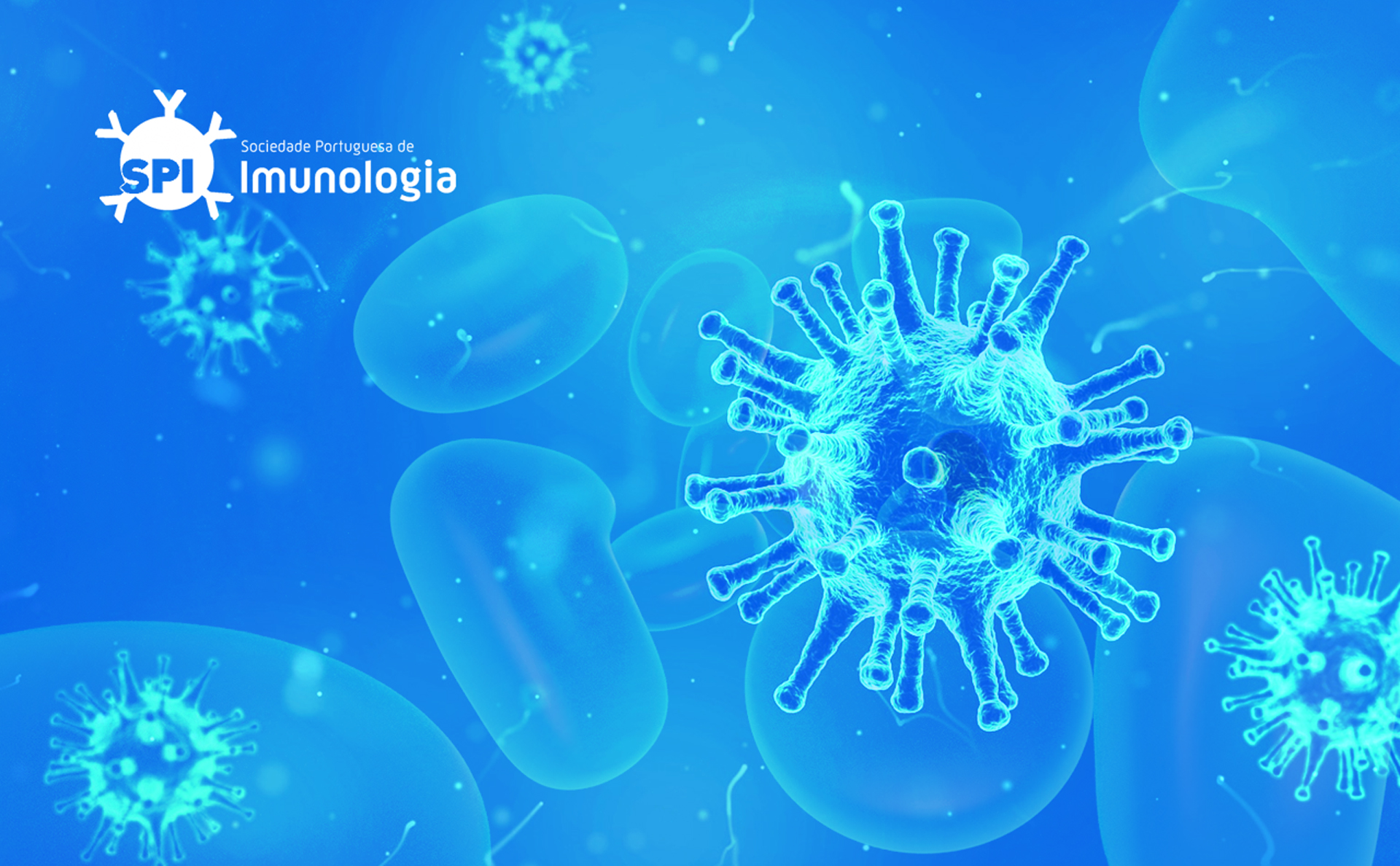Our second interview for “SPInform” is with Joana Gaifem, a post-doctoral fellow in Salomé Pinho’s laboratory at i3S – Instituto de Investigação e Inovação em Saúde (Universidade do Porto), who recently received a Maria de Sousa Award (https://www.bialfoundation.com/com/awards/maria-de- sousa-award) and published an important paper that we communicated in the previous issue of “SPInform” (Gaifem et al. Nat Immunol 2024; https://www.nature.com/articles/s41590-024-01916-8).
Short Biography
Joana Gaifem was born in Porto and graduated with a degree in Biology from the University of Porto in 2009, later earning a Master’s degree from the same university in 2011. She was then selected for the Interuniversity Doctoral Program in Aging and Chronic Diseases. Her doctoral research, conducted in Ricardo Silvestre’s group at ICVS, University of Minho, focused on investigating gut microbiota and metabolites associated with protection against Inflammatory Bowel Disease (IBD). After completing her PhD in 2019, she joined Salomé Pinho’s group at i3S as a postdoctoral researcher, where she is investigating the role of glycans in the context of IBD. During this period, she secured a CEEC Junior contract from FCT, as well as international funding as principal investigator from European Society of Clinical Microbiology and Infectious Diseases (ESCMID) and European Crohn’s and Colitis Organisation (ECCO) to support her research.
1. How did you start your research in Immunology?
At the time, I was a research fellow at IBMC (Porto) and was at a point in my career, after completing my Master’s, where I needed to decide the next steps. I had positive experiences working in Biochemistry and Microbiology labs, but I felt the need to explore other fields. IBMC offered numerous seminars, and the ones focused on immunology really captured my attention. Around the same time, a fellowship opportunity opened up in Rui Appelberg’s group, in collaboration with Gil Castro and Margarida Saraiva, at ICVS (Braga), so I applied. Since then, I haven’t looked back—Immunology has been my focus ever since.
2. What were the main findings of your work recently published in Nature Immunology (PMID:39080486)?
We have shown that patients with Crohn’s disease (CD) display an altered serum IgG glycosylation signature that is detectable many years before clinical diagnosis and is associated with increased levels of pathogenic anti-mannan antibodies. Importantly, this altered IgG glycoform found at a preclinical phase were described to activate innate immune cells, promoting the transition to intestinal inflammation. This was really rewarding for us since with this work we identified a possible predictive serum biomarker for stratifying the risk of CD development years before diagnosis. Also, it highlighted how these anti-mannan antibodies shape the immune response, which can be explored in the future as a potential target for CD prevention.
3. Which difficulties did you have to overcome along that path?
As a student, I was fortunate to have supervisors with whom I could openly discuss my career expectations. However, I often found myself uncertain about my career options. One thing I believe is missing during the formative years of a young researcher is mentorship from senior researchers. It is not easy for someone pursuing a Master’s, PhD, or even an early postdoc to understand the necessary steps to establish a career in Academia. Although this issue is receiving more attention, I believe that fostering a culture of mentorship between senior and early-career researchers is essential for creating more successful and fulfilling careers. The lack of stability in the scientific field in Portugal also poses a significant challenge to fostering a “mentoring” mentality. This uncertainty impacts every career decision we make. A robust funding plan for science in Portugal would provide researchers with the security needed to focus on their work without being weighed down by instability.
4. How important was to get recognized with the recent Maria de Sousa Award? Could you briefly explain this project?
It was with immense joy and great honour that I received an award paying tribute to Maria de Sousa, a remarkable immunologist and one of Portugal’s most esteemed scientists. This award holds special meaning for me, as it represents recognition of the work I have been developing in the field of Inflammatory Bowel Disease (IBD). Our project aims to study the role of glycans in mediating communication between the host and gut microbiota. Specifically, we aim to identify the gut microbiota profile present in IBD and understand how different glycans serve as an energy source for these microorganisms. For a long time, the potential contribution of the host to disease development has been considered, often overlooking the role of microorganisms. With this project, we hope to incorporate all factors that may contribute to IBD development. Ultimately, our goal is to gather knowledge that could lay the foundation for a glycan-based diet designed to prevent IBD or promote remission by regulating the gut microbiota.
5. What are your main goals for the (near) future?
In the near future, I hope to continue to implement my own ideas and lead projects within the research group I am part of, primarily in the field of host-microbiota interactions. Having the opportunity to test my hypotheses and guide my own team will allow me to grow as a scientist and advance toward becoming a more independent researcher, which is a long-term goal for my career.
6. In which direction(s) would you like to see the SPI developing over the next years?
The SPI has done tremendous work in connecting immunology researchers across Portugal by organizing meetings, working groups, and initiatives such as this newsletter, all of which are essential for fostering collaboration. I attended my first SPI meeting in 2013, and it is clear how much SPI has grown as an entity, demonstrating a strong commitment to promoting top-tier immunology research in Portugal. Looking ahead, I hope SPI will gain more influence in shaping science policy in Portugal, helping to steer it in directions that will benefit the country’s scientific community.












